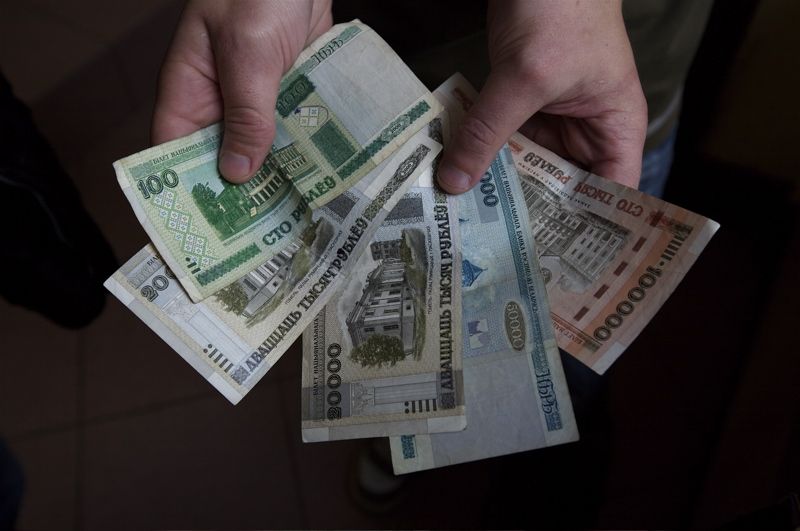As authoritarian president Alexander Lukashenko tries to keep his grip on power amid a collapsing economy, Belarusians have adopted a simple protest strategy - meet up and clap.
Every Wednesday for a month, thousands of protesters have held "flash-mob" clapping rallies in capital Minsk. They are also starting to turn out in regional centres where the leader, known as "batka" (father), had enjoyed steadfast support.
Since taking power in 1994, Mr Lukashenko has stifled dissent, muzzling the press and opponents. In the wake of unrest after December's sham election, the former collective farm manager complained Belarus had "too much democracy."
With leading opposition figures in prison or abroad, dissidents-in-exile are using social networking sites to reignite their movement. So far they are mostly frustrated 20-somethings, fed up with the dearth of job prospects and social freedoms. "We are sick of hiding ourselves," said Vitaly, 22, an accountant. "There can be no change without some sacrifice, without blood, I fear," his friend, Vitya, 20, later affirmed. Both heard about the clapping protests on vkontakte, a Russian version of Facebook with over 215,000 members.
But it's not only the young who are angry - older people are being hit by the economic crisis.
Ivan, a 59-year-old farm technician and former Soviet soldier has seen the value of his £72-a-month pension cut by a third, forcing him to sell wild strawberries for cash. "It's gone from bad to worse here," the Afghanistan veteran grumbled.
In order to keep an election promise that public pay would go up, Mr Lukashenko simply printed money, resulting in inflation that devalued the rouble by 36 per cent. Price controls on food and basics meant to blunt the impact have been compounded by restrictions on buying cheap Russian gas and other subsidised goods such as vodka and cigarettes. Earlier this month, motorists rallied in Minsk to demand cheaper fuel. Mr Lukashenko ordered prices cut the next day, only to be confronted by more protests against limits on cross-border travel.
These tensions are poised to deepen as imports fall with buying power. "You can be sure that more people will come out into the streets," says Sergei Chaley, an economist. "It's inevitable."
But Mr Lukasheko could yet sell off state assets to Russia for hard currency, or seek an International Monetary Fund loan.
But giving more to Russia would undermine his goal of dominating industry. And the IMF would set conditions, such as floating the rouble, freezing public pay, making the banks more transparent, all of which might weaken his grip.
